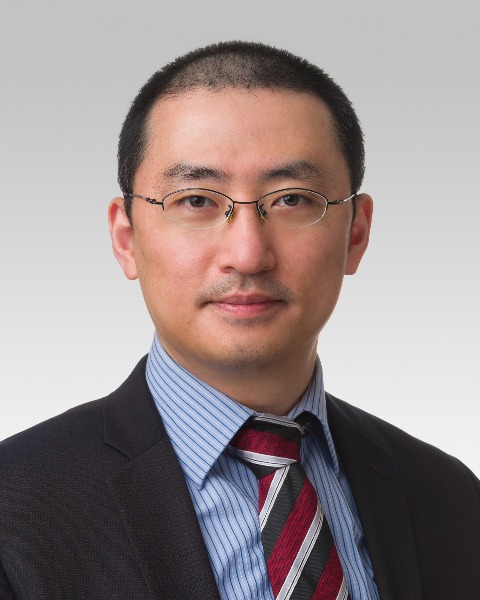
Lijie Zhai, MD, PhD
Northwestern University, Feinberg School of Medicine
Chicago, United States
Lijie Zhai, Research Assistant Professor, Department of Neurosurgery, Northwestern University-Feinberg School of Medicine.
My long-term research interests involve the development of a comprehensive understanding of key molecular pathways involved in cancer immune modulation and the identification of new immune modulator-targeted therapies in brain tumor treatment.
Immune evasion represents one pivotal pathogenesis contributing to cancer progression. Understanding the mechanisms underlying the co-evolution of cancer cells and host immune system in a spatiotemporal manner is fundamental for the early diagnosis, effective treatment, and prognostic evaluation for all cancer diseases. As an immunologist and biochemist with clinical medicine background, I am interested in unraveling the immune regulatory mechanisms involved in different brain tumors, such as the glioblastoma multiforme (GBM), a highly aggressive malignancy with a dismal average survival of 14.6 months. The special brain anatomy and lymphatic system provide a unique angle to study organ-specific cancer immunology. By utilization of various molecular/cellular immunological techniques in combination with high-throughput analysis platforms, such as single cell RNASeq, tissue microarray, high-dimensional time-of-flight mass cytometry (CyTOF), my research interests aim to answer key questions in following categories: 1) identification of novel therapeutic and prognostic biomarkers using patient specimens from GBM clinical trials; 2) establishment of novel animal GBM models that closely resemble the immunopathological and molecular patterns of human GBM undergone different treatment modalities; 3) investigation of the interactions between GBM infiltrating immune cells, tumor angiogenesis, hypoxia and tumor necrosis; 4) comparative studies of tumor immune responses between GBM and other peripheral tumors, such as melanoma and pancreatic cancer, to elucidate the distinct immunoregulatory pathways in central nervous system tumors. My ultimate goal is to discover reliable GBM diagnostic/prognostic biomarkers and develop novel effective immunotherapeutic approaches that can be applied with other treatments to conquer the devastating GBM.
